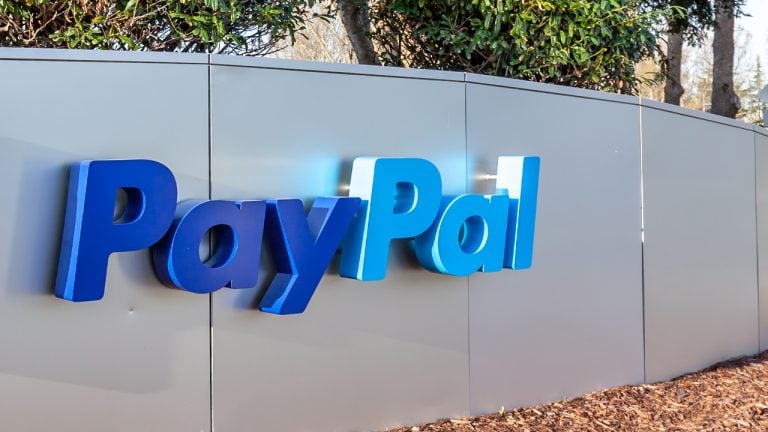
The proposals included stricter standards on risk assessments for crypto firms as well as a framework for designating token projects to the NYDFS' greenlist
The New York State Department of Financial Services, or NYDFS, has called on the public to provide feedback to a proposal aiming to strengthen regulatory requirements for crypto firms operating in the state.
In a Sept. 18 notice, the NYDFS said Superintendent Adrienne Harris had released proposals on guidance for “enhanced criteria for coin-listing and delisting procedures” in addition to a framework "for designating coins or tokens” to the regulator’s greenlist. The proposal included recommendations for heightened standards focusing on illicit finance, legal, reputational, market and liquidity, and regulatory risks.
“Since joining DFS, I have made it a priority to ensure the Department’s regulatory and operational capabilities keep pace with industry developments to protect consumers and markets,” said Harris. “In less than two years, we’ve built our team to over sixty experienced professionals, created and enhanced consumer and industry safeguards, and engaged with policymakers around the world.”
NEW: Superintendent Harris Announces Update on Two-Year Transformational Initiative to Strengthen NYDFS’ Nation Leading #VirtualCurrency Oversight.
— NYDFS (@NYDFS) September 18, 2023
More: https://t.co/llh9K3dM13 pic.twitter.com/nOJvfuel00
Related: 19% of New Yorkers own cryptocurrency: Coinbase report
At the time of publication, the NYDFS greenlist for tokens included Bitcoin (BTC), Ether (ETH), and several stablecoins issued by Gemini and PayPal. The announcement also followed the adoption of rules allowing the NYDFS to assess supervisory costs from licensed crypto firms operating in New York.
Since 2015, crypto firms operating in New York have largely been required to apply for a BitLicense through the NYDFS. The regulator’s list showed trading platform eToro was the most recent to receive a license in February, making more than 30 firms licensed in the state.
Magazine: Crypto City: Guide to New York









